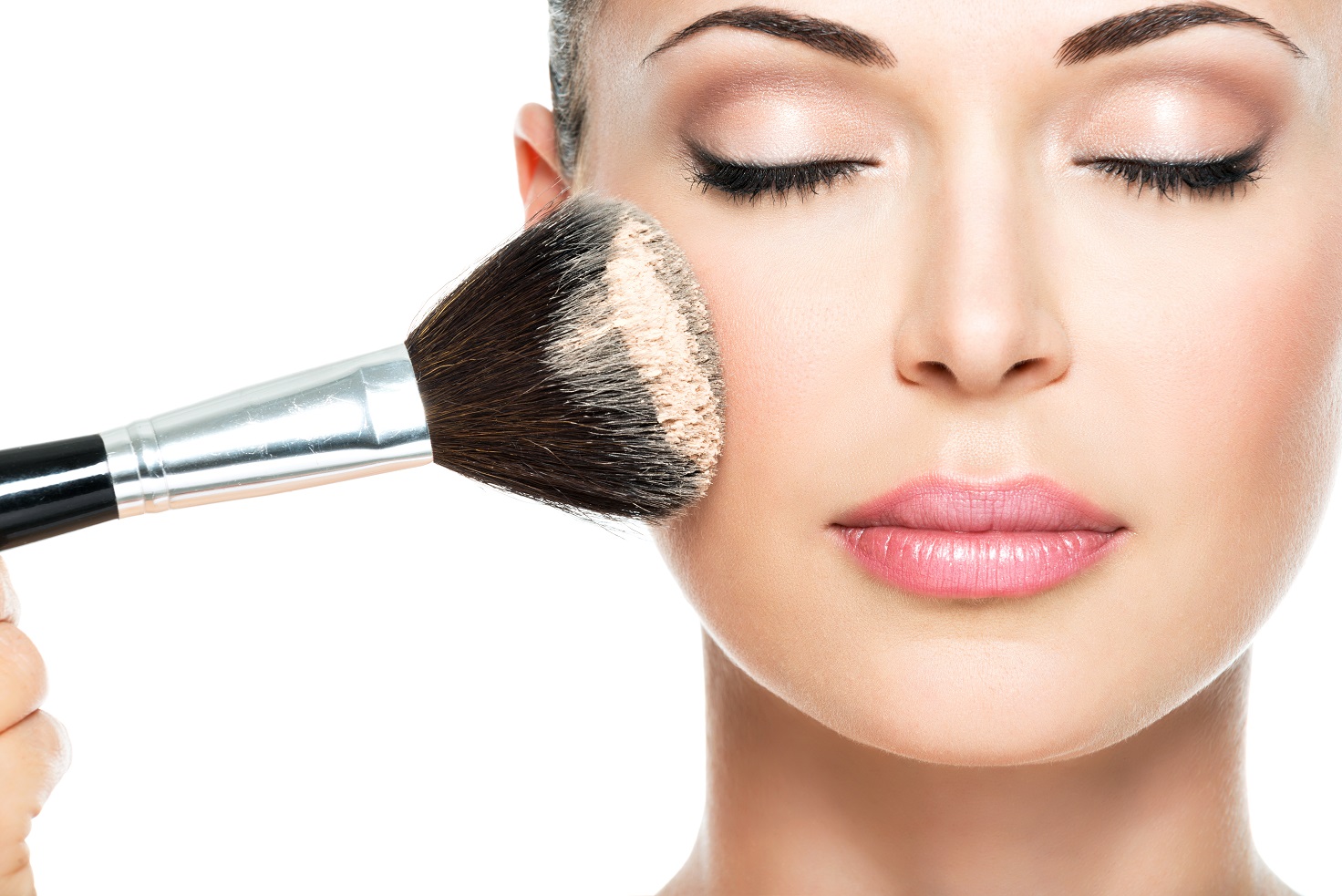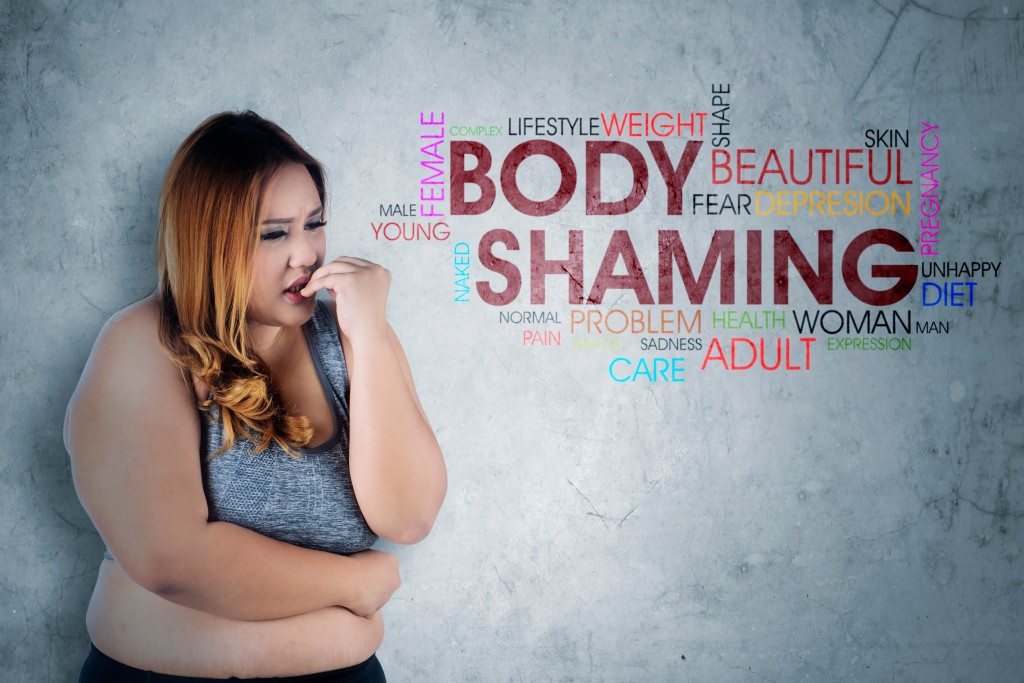Understanding how beauty standards affect our mental health is crucial in a society where they change continuously. Pressure to meet these norms may harm self-esteem, body image, and overall health. Beauty standards affect men’s health worldwide and in Western society. Why body image, unreasonable expectations, and body shaming promote low self-esteem and body dysmorphic disorder. Start this journey to learn beauty standards’ complicated link with mental health.
Bеauty Standards Around thе World
Beauty Standards Beauty standards differ globally across cultures and regions. An attraction in one region of the globe may differ greatly from another. The rich tapestry of mankind is reflected in this diversity. However, beauty standards may cause confusion and anxiety, especially in a globalized society where media and information travel freely.
Some cultures value thin, toned bodies, while others value larger forms. As individuals strive to satisfy goals, they may feel inadequate and self-conscious.
Body Imagе Issuеs and Unrеalistic Bеauty Standards
Body image issues lead to beauty standards conversation. Media bombardment of airbrushed and digitally changed pictures has set unreasonable expectations for men and women. People often compare themselves to these flawed images and fail.
This persistent pursuit of an unattainable ideal might harm mental health. Depression, anxiety, and a sense of never being enough may arise. The pursuit of the “perfect” body may lead to dangerous diets, excessive exercise, and cosmetic surgery.
Body Shame and Its Effects
One unpleasant aspect of beauty standards is body shaming. This involves shaming someone based on their appearance. Body shaming—whether concerning weight, skin color, or other appearance factors—can be devastating.
Body shaming has long-term effects. Body shaming victims often internalize negative messages, distorting their self-image and self-esteem. The development of mental health disorders may result.
Western Beauty Standards and Global Influence
Western beauty norms—slim bodies, clear skin, and certain facial features—influence worldwide beauty standards. Hollywood and the fashion industry have promoted these ideas.
The globalization of Western beauty standards has caused people throughout the globe to want to emulate them. Traditional cultural ideals and Western influences might collide, generating inner turmoil and insecurity.
Relationship between low self-esteem and beauty standards
Beauty standards can cause low self-esteem. When people feel they don’t meet these criteria, they often feel worthless. Negative self-image may hurt relationships and careers.
Depression and anxiety may develop from poor self-esteem. People who feel inadequate due to their looks are more prone to feel unpleasant and self-doubting.
BDD and self-image
BDD, a serious mental condition, is linked to beauty ideals. People with BDD worry about little or nonexistent cosmetic flaws. This obsession might lead to compulsive grooming, frequent reassurance, or many cosmetic procedures.
BDD is depressing and severely lowers life quality. It demonstrates the extreme pressures and anxieties beauty ideals may cause.
Bеauty Standards in Amеrica
Beauty standards have changed in the US. Curvier figures were always attractive, but thinner bodies have become more popular in recent decades. Media, including magazines, television, and social media, shape these ideals.
American beauty standards emphasize youth and a certain physical type. The pressure to look young and meet these ideals may cause stress and obsession with appearance.
Conclusion
The influence of beauty standards on men’s health is complex. Beauty standards harm well-being via cultural inequalities, body shaming, and unreasonable expectations. Addressing this problem starts with recognizing beauty standards and their harm. Promoting self-acceptance and celebrating human beauty diversity is essential. We can reduce the negative mental health effects of beauty standards and help people create healthy self-esteem and self-image by doing so.
Why does beauty affect men’s health so much?
Beauty standards encourage males to fulfill unattainable norms, which harms their health. This constant desire of perfection may cause inadequacies, low self-esteem, and mental health concerns.
How do beauty standards vary globally?
Beauty standards differ by culture and region. Some cultures celebrate fuller figures, while others idealise thin physiques. These many ideas may cause confusion and anxiety, especially in our globalised society where the media shapes beauty expectations.
It leads individuals to absorb negative body signals, which may damage self-esteem and mental health.
Can you provide instances of Western beauty standards’ impact?
Western beauty standards, characterised by thin bodies and certain facial features, influence the world via Hollywood and fashion. The contrast between traditional cultural ideals and Western influences may cause inner tension and insecurity in those striving to emulate them.
What steps many people take to protect their mental health from beauty standards?
To protect mental health from beauty standards, promote self-acceptance and celebrate human beauty diversity. Encourage positive self-talk, restrict exposure to unrealistic beauty images, seek assistance from friends and professionals, and concentrate on overall well-being rather than beauty standards.





